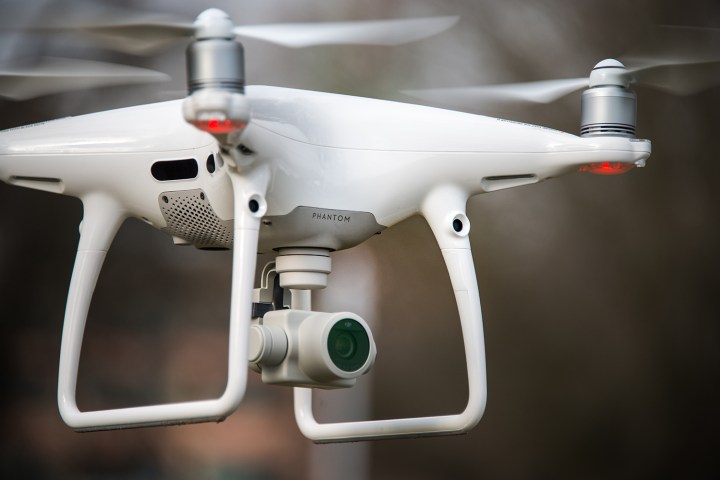
The drone giant this week said it’s building an offline mode to enhance privacy for customers who use its remotely controlled flying machines for “sensitive operations.”
“We are creating a local data mode to address the needs of our enterprise customers, including public and private organizations that are using DJI technology to perform sensitive operations around the world,” Brendan Schulman, DJI’s VP of policy and legal affairs, in a statement.
Some commentators are connecting the move to a recent decision by the U.S. Army to stop using DJI’s machines in its operations because of “an increased awareness of cyber vulnerabilities with DJI products,” according to an internal memo seen by sUAS News earlier this month. The memo revealed that the U.S. Army had issued more than 300 releases green-lighting the use of DJI drones, reflecting the Army’s interest in the technology for various missions.
But DJI told Digital Trends on Monday, August 14, that it has been working on the feature for “several months,” although it admitted it has “accelerated that effort” in a bid to get it launched by the end of September, 2017.
DJI’s local data mode is aimed at reassuring customers concerned about security and privacy, allowing pilots to fly the drones in a more secure manner.
As things stand, the company’s drone apps connect with the internet to make sure they’re up to date. They also confirm the drone has the latest maps and relevant geofencing data for the local area, while confirming other flight elements to ensure safe operation. There’s no suggestion that DJI’s apps process or handle data in a way that it shouldn’t, but it seems some customers are after extra assurances.
The new private mode, which users such as the Army or other government agencies may want to switch to for particularly sensitive missions or tasks, temporarily disables the kit’s connection with the internet. Of course, the pilot will still be able to receive live video streamed from the drone’s camera, though it won’t be able to live-stream it beyond the controller.
Once back at base, the drone and apps can be reconnected to the internet to receive any important updates. The company added that the new feature won’t always be available; it depends on the specific regulations related to different locations.
Schulman said that DJI is “committed to protecting the privacy of its customers’ photos, videos, and flight logs,” adding that the new local data mode “will provide added assurances for customers with heightened data security needs.”
DJI told Digital Trends it’s preparing a document that will provide more detailed information about the feature, including how it intends to make it available for particular kinds of users. We will update when we know more.


